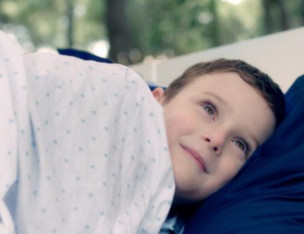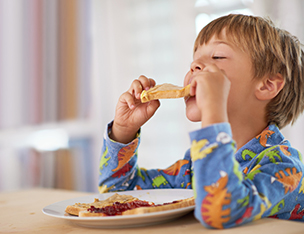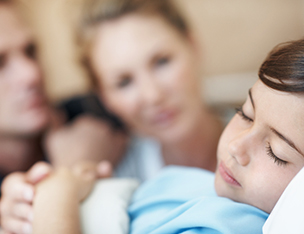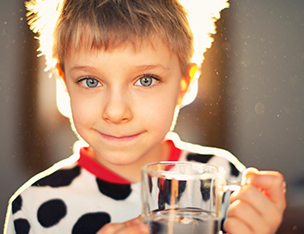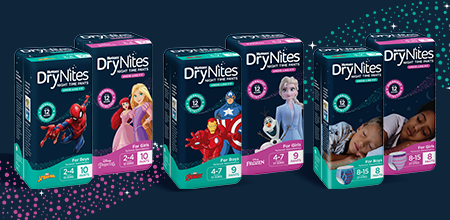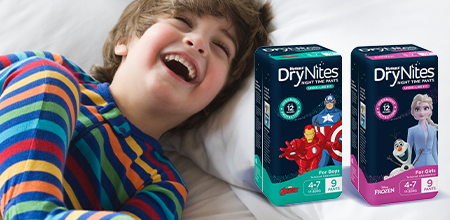Recommended food
Foods that are high in folate, fibre, vitamin B12 and Omega3 fatty acids are all recommended to help control or reduce bedwetting. Recommended food includes:
- Vegetables, legumes and beans
- Fresh fish and seafood
- Dried fruits
- Oats, wheat bran, muesli and other wholegrain cereals
- Eggs
Folate and vitamin B12 enable the central nervous system to make the connections needed for bladder control at night, something often missing in children with nocturnal enuresis. Omega-3 fatty acids are also shown to have similar benefits to the nervous system, helping the bladder to learn to signal the brain to wake up at night. Fresh fish, seafood, eggs, vegetables and dried fruit will all give your child the minerals needed to help their nervous system.
Fibre is also important, since bedwetting often occurs at the same time as constipation. The pressure of constipation presses against the bladder wall, resulting in unwanted leakage. Wheat-bran, vegetables and good fluid intake go a long way to increase fibre and combat constipation. Keep an eye on toilet habits to make sure your child is going regularly.
Food that is not recommended in the evening
These foods are important for healthy growth, but are also linked to increased severity of bedwetting in children. To try and get the best of both worlds, it’s recommended to only consume them before 6pm. They are:
- Yoghurt
- Milk
- Cheeses
- Water
- Fresh Fruit
- Dairy products like yoghurt, milk and cheese make the list because they are high in calcium. High calcium intake is linked to bedwetting severity, as well as reduced effectiveness of enuresis medication like desmopressin. Since calcium is also important for healthy growth, it’s good to still include these foods in the daytime.
Water is best not consumed just before bedtime. Limited intake of water in the evening is shown to reduce total overnight urine production, making bedwetting less likely. The same goes for fresh fruit, which generally has a high water content.
Food that is not recommended at all
These foods have been shown to increase bedwetting, and there is evidence to show that eliminating them from your diet will help control night time wetness. They are:
- Salt
- Chocolate/cocoa
- Carbonated drinks
- Tea/Coffee
- Fruit Juice
- Chocolate, cocoa, tea, coffee and some carbonated drinks contain caffeine, which is commonly known to have a diuretic effect. Caffeine also increases pressure and excitability on muscles that control the bladder.
There is some evidence that eliminating carbonated drinks (including soda water) may help calm overactive bladders. This can also be said of aspartame, an artificial sweetener found in mints, chewing gum and ‘diet’ drinks.
Fruit juice contains the high sugar levels of whole fruit without much of the nutritional value, and is also not recommended.
Adjusting to a bedwetting friendly diet is a win-win situation for parents and children alike. Since all of the foods recommended to improve bedwetting are also healthy life choices, the whole family can eat the same foods. This can help your child feel more accepted in the family unit and set-up good eating habits for life.


